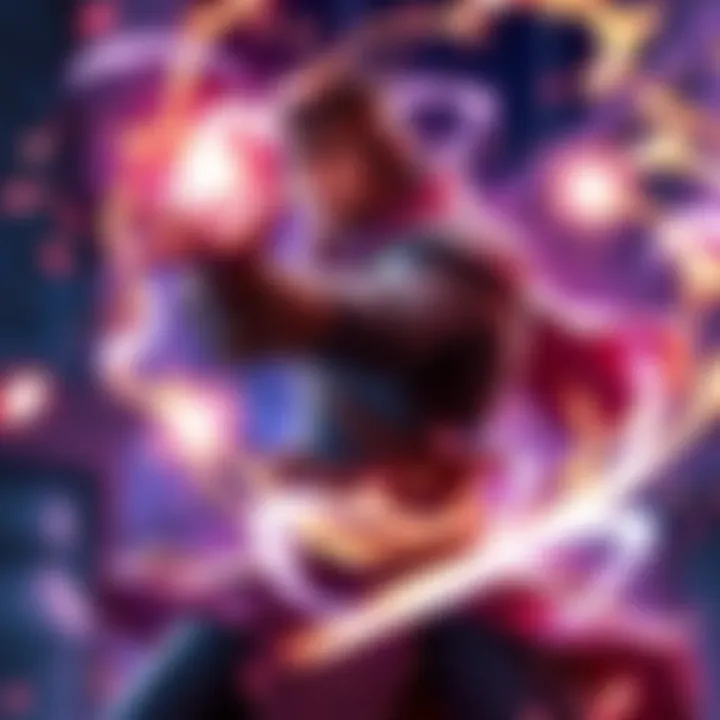Skill-Based Magic Systems | Gamers Seek More Engaging Spell Mechanics
Edited By
Leo Zhang

A rising conversation among gamers highlights a desire for magic systems that emphasize player skill over traditional mana mechanics. Users recently asked if other titles exist where magic relies on player combos and quick reflexes, sparking significant responses within the gaming community.
The Current State of Magic in Games
Many popular games enforce a mana bar system, where casting spells can leave players vulnerable. Titles such as Elden Ring and Dark Souls exemplify this model, where timing is crucial. However, several players express dissatisfaction with this approach, believing it lacks engagement compared to weapon-based combat.
User Insights: Magic Systems that Demand Skill
Gamers provided a variety of examples of skill-based magic systems:
Magicka 1 and 2: Known for their elemental combinations, requiring players to remember spells.
Arx Fatalis: An older title featuring a system where players draw runes for spellcasting, combining speed and accuracy.
Noita: Offers a magic crafting mechanic where spell strength depends on the wand and player's knowledge.
Outward: Uses a rune casting system demanding players to create spells through specific combinations.
One user shared, "I loved Arx. The rune system could be very finicky, but it kept the gameplay intense."
Innovative Approaches in VR
Virtual reality games also received attention for their unique takes on spell casting:
Orbus VR: Requires players to draw runes in real-time for each spell.
War of Wizards: A PvP magic duel game that relies heavily on manual casting precision.
One commenter noted, "The real skill lies in how well you can draw your spells."
Fighting Games: A Twist on Magic
Fighting games were also cited as having interesting mechanics:
BlazBlue: Central Fiction features a character, Nine, whose attacks generate magic based on combos.
Guilty Gear Strive employs a deck system for spellcasting that adds randomness and strategy.
Sentiment and Community Engagement
The sentiment among comments reflects a strong interest in innovative systems that increase player involvement. Players appreciate when a game requires them to actively think about their strategies rather than simply pressing buttons.
"If only Spellbreak had a lasting impact I really liked the magic in that game," one user lamented.
Key Points to Consider:
⚡ Many players desire a shift from mana-based magic systems.
🌟 Titles like Noita and Arx Fatalis are often mentioned as definitive examples.
🎮 VR innovations have sparked interest in more engaging magic interactions.
While developers continue to create diverse gaming experiences, the call for magic systems that reward skill rather than resource management remains strong among gamers.
Prospects for Magic Systems in Future Gaming
As the demand for engaging magic systems rises, developers are likely to respond by creating more skill-based mechanics. Experts estimate around a 70% chance that future titles will integrate elements learned from games like Noita and Arx Fatalis, emphasizing active participation over passive resource management. This shift could also be fueled by the popularity of VR titles that require real-time interactions. Moreover, adapting magic systems could eventually enhance player engagement across genres, pushing the boundaries of how spells are implemented in both indie and AAA games.
Historical Echoes in Gameplay Evolution
In many ways, the current evolution of gaming magic mirrors the transition in the culinary arts during the 20th century when chefs shifted from rigid classical techniques to more innovative and dynamic cooking styles. Just as cooking schools began to advocate for intuitive flavor combinations and spontaneous creativity, game developers are following suit, moving away from traditional mana mechanics. Similarly, this new approach liberates creativity and encourages players to explore unique strategies, allowing for an enriched gaming experience that may redefine the landscape of interactive entertainment.
